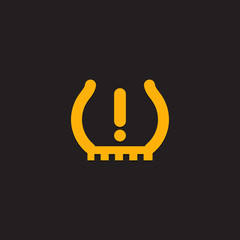Skip to content
Why is Tire Pressure So Important?
Many people may not even consider their tire pressure unless the light comes up on the dash telling them something is wrong. Or if they are on the side of the road with a flat tire. Let’s take a look at why this simple thing has such a big impact!
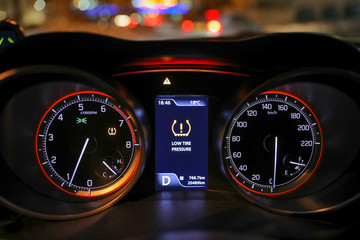
Every tire has a specific amount of air pressure that it should have, and when that number is kept, the life of your tires will improve as well as your vehicle safety.
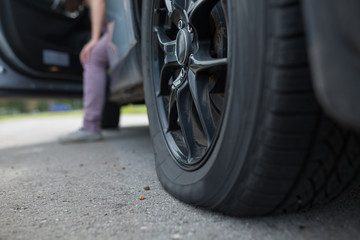
If your tires are underinflated, this can affect braking distance as well as steering responsiveness. This can also cause the tire sidewalls to flex too much, generating heat, which accelerates tread wear and tear as well as can lead to blowouts. Tires that are low also contribute to poorer fuel economy.
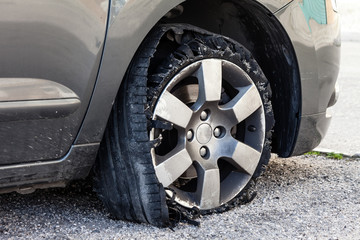
If you are on the opposite side of things and your tires are overinflated, this has its own set of problems that can come with it. The tires of today are much more forgiving on this end since they are able to adapt to fluctuations due to temperature changes, but leaving your tires overinflated for too long will not only mean that your tires will wear faster but your ride will feel less enjoyable due to the harder tires.
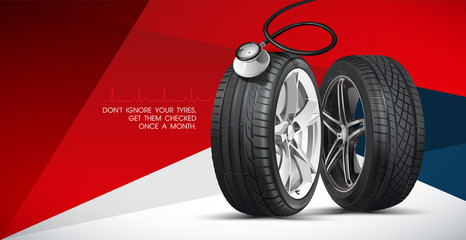
The best practice is to check your tire pressure at the very least once a month and especially before any road trips. If you have the tires that came on your vehicle from the factory you can refer to your service manual to get the pressures or even your door jam of your vehicle. Sometimes on older vehicles, prior to 2003, you can find pressures on the inside of the glovebox. It is best not to use the tire pressure indicated on the tire itself because that is not specific to your vehicle.
Share This Article, Choose Your Platform!
Page load link





